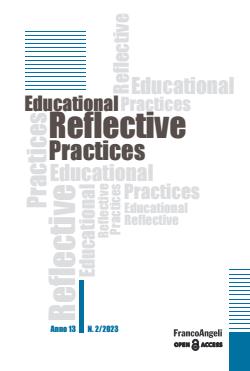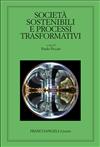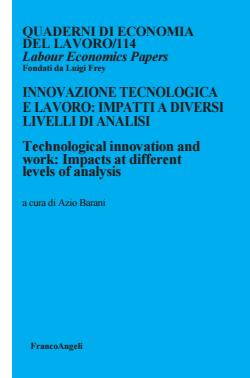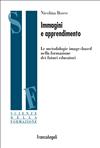
Nel novembre del 2019 il Ministero dell’Istruzione, dell’Università e della Ricerca pubblica il bando “Piani per l’orientamento e il tutorato”. Lo scopo è quello di innovare e supportare le azioni di orientamento e tutorato delle Università italiane. Il Corso di Laurea in Scienze dell’educazione e della formazione dell’Università di Siena, capofila di un network di 15 CdL L-19, 116 scuole e 101 organizzazioni del settore educativo e formativo, risponde al bando proponendo il progetto “Super – percorsi di orientamento etutorato per promuovere il successo universitario e professionale”. Il progetto ha come obiettivo quello di realizzare azioni di orientamento e tutorato per supportare le prefigurazioni professionali di studentesse e studenti. Il contributo descrive le caratteristiche generali del progetto che hanno guidato il coordinamento delle attività del network, le sfide e le ipotesi che hanno permesso di guardare all’orientamento e al tutorato in un’ottica innovativa e lontana dai modelli tradizionali.




